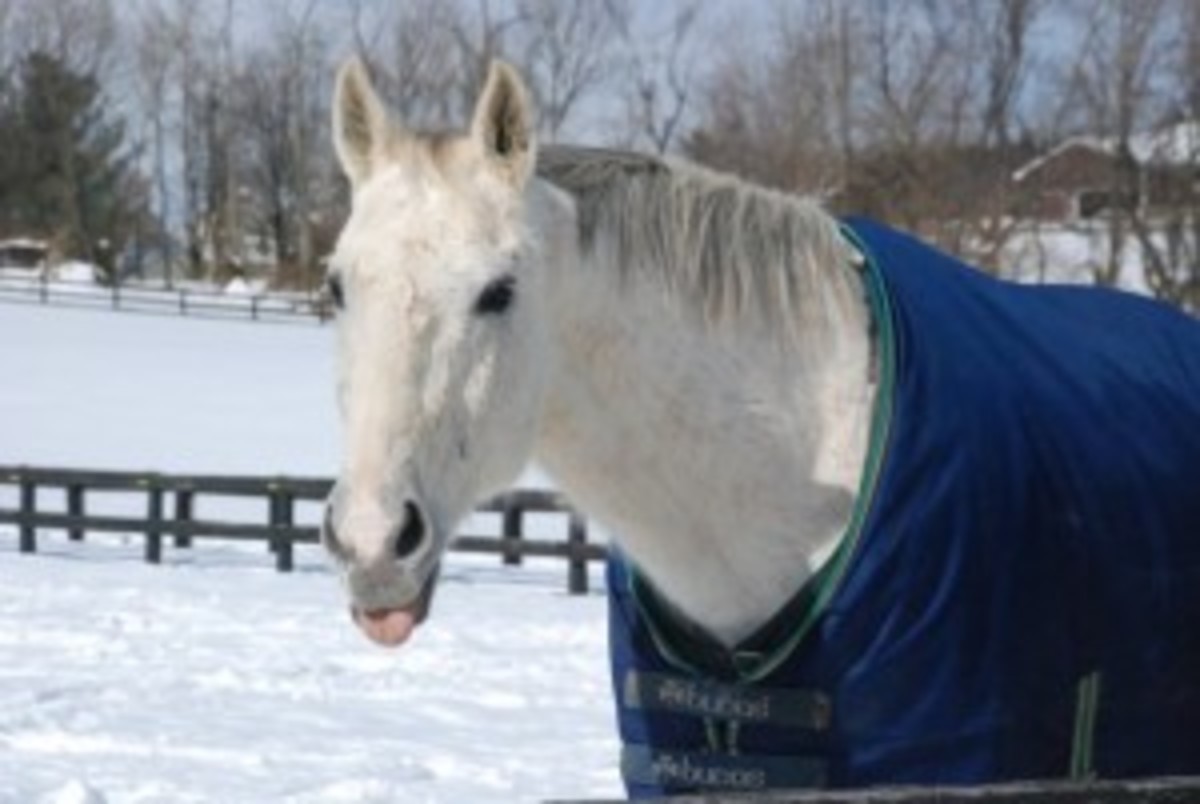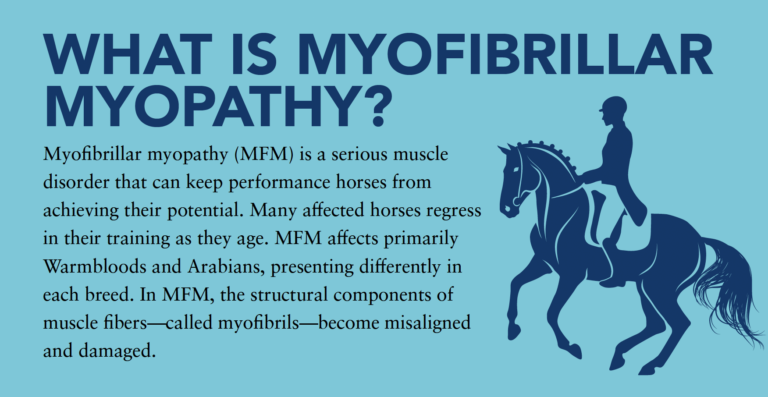Winter often means a decrease in water consumption, forage intake and activity. Together, these three factors can be a recipe for colic, specifically impaction of the large colon. Help lower the risk for your horse by ensuring your horse has access to clean, fresh, unfrozen water at all times. Insulate above-ground water pipes, purchase water-trough or bucket heaters or carry hot water to thaw frozen buckets at least twice daily. Providing your horse with a salt block or electrolyte bucket may encourage consumption of water.

Secondly, turning your horse out will increase digestive stimulation, provided he has a heavy winter coat or blankets and access to shelter.
Finally, when increasing your horse’s caloric intake, reach for an extra flake of good quality hay, rather than grain, when temperatures start to decline. Horses are grazing animals and rely on constant digestive stimulation to maintain a healthy gastrointestinal tract.











